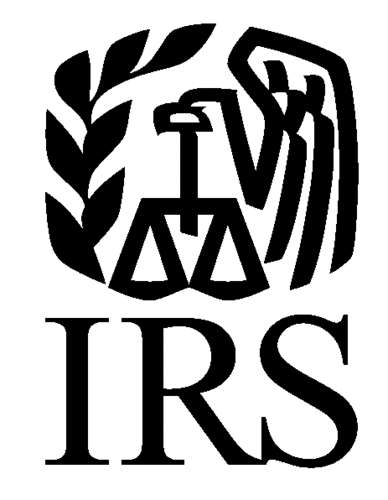Quick Guide to Wage Garnishment Laws



Most residents of the United States are required to pay taxes to the Internal Revenue Service. The two primary types of taxes that frequently cause complications for individuals throughout the nation are property taxes and income taxes; however, there are additional types of taxes that must be paid.
If an individual fails to pay the taxes that he/she owes the IRS, the IRS has the right to initiate aggressive tactics to attain these funds. One technique that the IRS frequently employs is IRS wage garnishment. The IRS has the authority to garnish wages in order to obtain the taxes that an individual owes. This process can occur whether an individual earns a salary or hourly wages. The amount that the IRS levies from an individual's income will often depend on how much he/she earns.
IRS wage garnishment will not be a surprise when it occurs. The IRS will only use this collection method after an individual has been issued repeated warnings, and letters regarding their debt and the necessary payment. If an individual fails to respond to these warnings and does not pay the taxes that he/she owes, the IRS can garnish wages.
Generally, the final warning that is issued by the IRS will give an individual less than one month to pay his/her debt. If an individual does not have access to the funds necessary to pay his/her debt, he/she can contact the IRS to arrange a payment schedule. However, if no action is taken by the debtor, IRS wage garnishment may be initiated.
A significant portion of his/her income will be levied by the IRS to compensate for the taxes that he/she failed to pay. Therefore, warnings issued by the IRS should never be left unresolved.